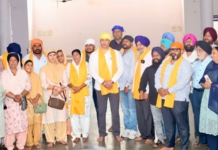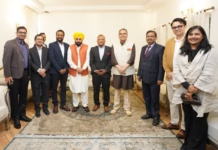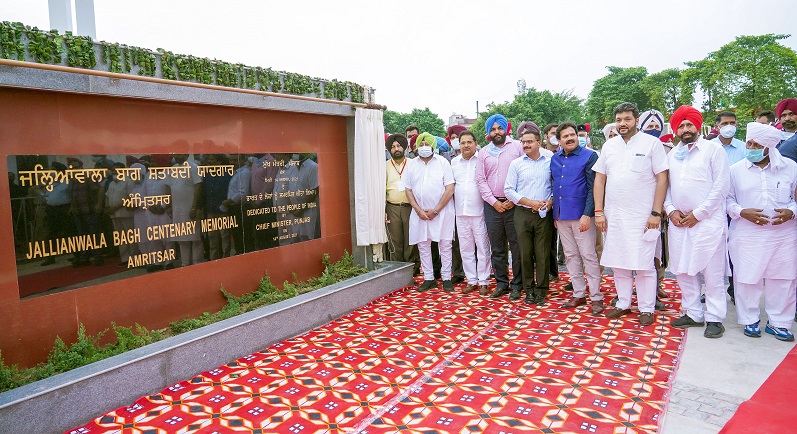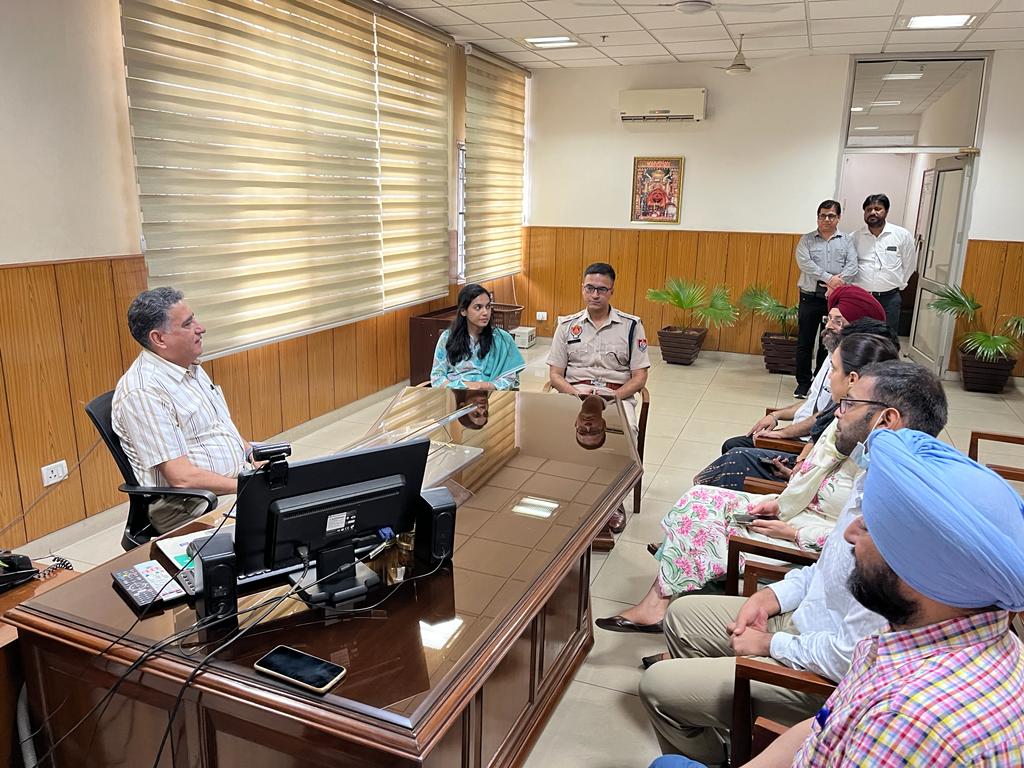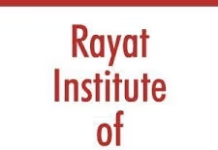National Law Day of India aims to bring awareness to the importance of the Constitution and its architect, Dr. Ambedkar-Puri
Jaswant Singh Puri/ November 26,2023
The national law and the Indian Constitution go hand in hand to keep each other in check and make sure that justice and harmony prevail in the country National Law Day is celebrated on 26th November. It is also called the Constitution Day because on 26th November 1949, our Indian Constitution was formally enacted by the Constituent Assembly. However, it came into effect on 26th January, 1950.
The Law Day was declared when the Prime Minister Narendra Modi on 11 October, 2015 was laying the foundation stone of the statue of Bhim Rao Ambedkar ‘Statue of Equality’ in Mumbai. 26th November was later declared in a gazette notification by the Government of India. Even before this, the day was celebrated as National Law Day, designated by the Supreme Court of India in the year 1979 to pay homage and tribute to 207 eminent members of the Constituent Assembly who have contributed their tireless efforts and opinions to frame the Constitution of India. It constitutes the following:
- 1 Preamble
- 22 Parts
- 448 Articles
- 12 Schedules
- 5 Appendices
- 115 Amendments.
- It contains 117,369 words in English version.
The credit for writing the final copy of the Indian Constitution goes to Prem Bihari Narain Raizada. It was in 2013 that Indian National Bar Association (INBA) organised a two-day (26th and 27th November) International Conference to celebrate the National Law Day.
Neelkanta Ramakrishna Madhava Menon is considered to be the force behind the modern legal education and founder of the National Law Universities. The landscape of legal education in India has been reshaped with the introduction of The Common Law of Admission Test (CLAT) and All India Law Entrance Test (AILET). Both the tests are structured to evaluate skills for a successful law career. To enforce the rules or the laws is set by the Constitution. The Constitution of India empowers the Judiciary to act as the guardian of law. But the courts can only act as per the laws set by the Constitution for its working and not independently.
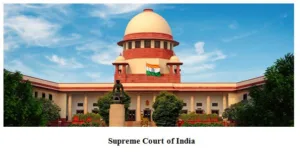
According to the President, Supreme Court Bar Association, the main objectives of celebrating Law Day is to recognize the important principles which framed the pillars of Constitution. These principles include the rule of law, independence of the Judiciary and the independence of legal profession.
The Supreme Court supports the goals of the Constitution with full defence. It has intervened to protect democracy, human rights and honour the rule of law. It has protected the values of secularism and respected the sentiments of all caste and creeds.
In India, Law Enforcement is run by various law enforcement agencies. The Indian Penal Code laid down by the British in 1860 is the foundation of the criminal law in India. The Indian Company Law has been updated and renamed as the Companies Act, 2013.
The Law Commission of India is a non-statutory body and is constituted by a notification of the Government of India, Ministry of Law and Justice, Department of Legal Affairs. The Law Commission of India provides excellent thought provoking and vital review of the laws in India. Moreover, there are High Courts, Session Courts, Civil Courts to listen to the grievances and complaints of the people. Above all, Lok Adalats and Fast Track Courts have been established for speedy redressal of complaints. B.R. Ambedkar had declared: “Constitution is not a mere lawyers document, it is a vehicle of life and its spirit is always the spirit of Age.”

For the ease of public and the government, there are Advocate Generals and their associates in every state. Each company recruits Law Officers to look after the legal affairs of the companies. For the convenience of the public, various laws have come into force. For example, there is the Law of Tort to redress a wrong done to a person and provide relief from the wrongful acts of others. There is also the Law of Jurisprudence which refers to the law that helps in understanding, creating, application and enforcement of the law. There are two broad categories of Jurisprudence – analytic jurisprudence and normative jurisprudence.
There is no end to types of laws. But the best is explained in ‘The Bhagwat Gita’ where Lord Krishna declares that there is the Law of Nature and the Second one is the Law ofKarma (Action). Infact, Bhagwat Gita is the essence of all vedas and scriptures.
National Law Day celebrations deserve appreciation for Dewan K.S. Puri, father of Dr. Ajit Singh Puri who has penned down an internationally renowned ‘Handwriting and Fingerprint Expert’ book which carries a Preface by M M Punchhi, Former Chief Justice of India. Dewan K.S. Puri was the Chairperson of Patiala Bureau of Identification, which he established in 1937 at Puri Lodge, Puri Road, Patiala. He wrote more than 9 books and 100 articles which were published in 32 languages in 28 countries. His 7 articles were identified as select articles by INTERPOL and were microfilmed.

The name of Sukhdev Singh Puri, younger brother of Dr. Ajit Singh Puri, a 1967 batch IPS Officer, was appointed to head a special investigation team for a probe into the multicrore stamp paper racket called the ‘Telgi Scam’. And Puri being a daring, skilful, honest and the diligent officer, successfully completed his task by catching the accused Abdul Karim Telgi involved in 3,000 crore fake stamp paper scam. He also played a prominent role in the arrest of P.D. Vani, the then Chairperson of Maharashtra Public Service Commission.
Likewise, there is Disability Law, recent law against deep-fake videos, law against childlabour, law against begging, law against sexual harassment, female foeticide, law for divorce, law on child marriage and so on. Every Indian citizen should be somewhat conversant with the laws of the land since ignorance of law is no excuse.

Note: The views expressed are personal. This article is dedicated to Alka Puri, wife of Dr. Ajit Singh Puri and mother of Jaswant Singh Puri.



